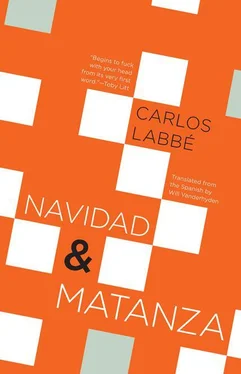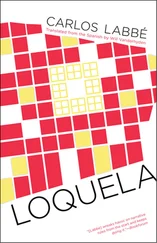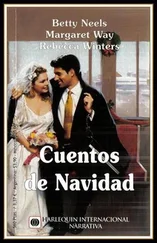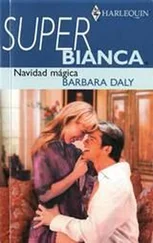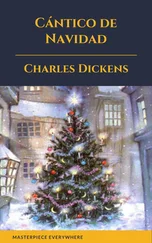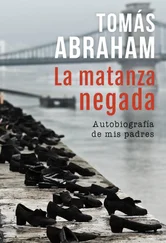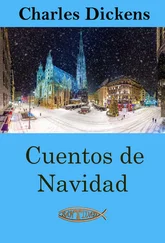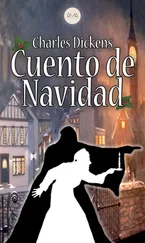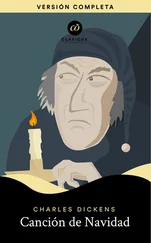I reviewed the hotel’s register for January of 1999. As I expected, the man to whom some sources attribute the kidnapping of the Vivar siblings wasn’t listed. At least not as Boris Real or Francisco Virditti. I asked about the foreigner who’d shared his table the evening of January 12 th. Alvaro, the bartender, pointed at the name of Edgar Lee, a Mormon pastor who — visiting Region Six — spent two nights at the Verganza, accompanied by a woman who spent half the day bathing her small child. The housekeeping staff hadn’t forgotten them either — the couple had asked to have the sheets changed fourteen times; it was also speculated that they’d stolen some hand towels from the bathroom. Two lines below, on the same page of the register, appears the name of another foreigner: Patrice Dounn. The famous master of the theremin — an unusual instrument whose operation relies on magnetism — who, days later, would perform at the VIP resort in Navidad and Matanza, on the same night that Bruno and Alicia Vivar disappeared. The employees of the Verganza do not remember a dark-skinned guest from that time, despite the fact that the Congolese Dounn is definitely black, as a photograph from n° 695 of World Music Express proves. A different page in that same magazine has an article on the theremin: appearing there is a photograph of the black, wooden case, heavy and rectangular, which musicians often use to transport the instrument. It is, without a doubt, the same case that appeared in Alvaro’s story; the same case that, in the vicinity of San Fernando, the Mormon pastor Edgar Lee — the American poet, dead in 1950—gave to Patrice Dounn, the Congolese thereminist who, on that exact date, was participating in the performance of Symphony No. 4 for orchestra (and optional chorus, theremin et alia) , by Charles Ives, in London’s Royal Albert Hall. This would’ve been an extravagant way to move ten million dollars of hadón, an illegal substance better known as “the ecstasy of hate,” upon whose discovery the International Police (Interpol) justified shutting down the festival in Matanza and Navidad on the 19 thof January 1999.
A FEW DAYS BEFORE the publication of my article in SEA , I got a phone call at the journal’s office from a one Juan Carlos Montes. I hadn’t thought again about the Vivar family, but during that phone conversation I felt, what I’d call now, my first suspicion of the mess the kidnapping of the siblings would uncover. And a certainty: I too would get dirty. Or that I was dirty already. For his part, Montes had no problem beginning the conversation with a lie.
— I live down the street from the Vivar’s home. I saw a car with your journal’s logo on the door and hoped that finally a journalist with a sense of smell had arrived.
In reality, as I verified later, Juan Carlos Montes not only lived on a different street than he claimed, he lived in a different country.
— Sense of smell?
— I’m calling to find out what sort of story you’re writing. If it’s not too much trouble, of course.
— Forgive me, but I don’t know what you mean by sense of smell.
— A nose.
— Obviously. I don’t understand why you’re calling.
— Do you like your job at SEA ?
— Sir, if this is regarding a story you should speak to the editor. It doesn’t seem like. .
— Listen to me. My son was a classmate of Bruno’s, the oldest child of the Vivar’s. One day Terelenita called us to invite him to a birthday party. I don’t know, I guess he was turning five.
— Don’t make me hang up. I’m not interested.
I lied.
— At seven in the evening I went across the street to pick up Juan Carlitos. As always, the front door was open and no one greeted me. No doubt Juan Francisco and Terelenita were in their room, you know what I mean.
— No. And I don’t see the reason for this conversation. I must insist.
— Please, don’t interrupt me, I don’t have much time. As I was saying, I went to see if there was anyone in the living room, but the house was empty. A lot of noise was coming from the garden, where the kids were running around and swimming in the pool, watched over by men who looked like house staff. Then all of a sudden I looked at the chimney. It was a reflex. Or I was somehow compelled. I’d seen something that caught my attention, a piece of skin among the flowers. It was hanging from the chimney, it was summer. The piece of skin was. .
— What?
— A nose. They’d torn off someone’s nose and left it stuck to the chimney.
I was silent.
— I don’t know if you know who I am. I’m a surgeon, although I don’t practice my specialty. I knew right away that it’d been torn off recently. It was still warm.
— A nose?
— Yes. Do you understand now that this little journal where you work doesn’t provide you with what you need to write good stories?
— Hang on.
My secretary needed something; I dealt with it as quickly as possible. I picked up the phone:
— Mr. Montes, I’d like to meet with you to discuss this at greater length.
— Yes, yes. But, please, let me finish. I tore a page from a notebook that was in a wastebasket and wrapped the nose inside it. I was about to put it in my pocket when I heard the children screaming.
— What happened to the nose?
— I left it there, in the living room. I think a big dog came and started chewing on it, something I seem to have seen as I ran as fast I could out to the garden because my son Juan Carlitos had a cramp and was drowning. That’s what an employee told me, a butler who worked in the house. I wanted to see my son, but ten large men dressed in suits surrounded the pool. The children were running around wildly, screaming: “The fish, the fish.” They were terrified, as if they’d seen a monster. It was horrible. There was a lot of fear and violence and hate, I don’t know if I can explain it, a lot of fear and hate in that house.
— Okay. And what happened to your son?
— Juan Carlitos? I couldn’t see anything because those guards — who said they were butlers too, but who were speaking into walkie-talkies the whole time — surrounded my son and carried him to a car. They said they were taking him to a clinic, but they didn’t say which one. I never saw any of them again. Those fucking criminals evaporated. That was fifteen years ago and I’ve never seen him since. That’s why I’m calling you.
— They took your son?
— They told me he died. Vivar swears my son was never in his house, and he hasn’t allowed me to speak to that woman, Terelenita. I filed a report and the police briefly opened an investigation. Shortly thereafter they told me he was dead. The judge said his body might be found in mass grave of disappeared-detainees in Pisagua, but that was another lie. I’ve spoken with many people and found nothing: my case will never be on television or in the newspapers. I don’t want them to discuss the state my wife is in. It pains me even to speak of it.
— Mr. Montes, may I call you later to set up an interview? This is serious. What’s your phone number?
— Uh, no, not now. I just want attention put on the Vivar’s. I’ll call you. Goodbye.
Juan Carlos Montes hung up. I never heard from him again. The old woman who answered the phone at the number from which the call had been made swore at me every time I told her who I was. After what happened in Navidad and Matanza I thought there was an obvious link between the disappearance of the Vivar siblings and Juan Carlitos Montes. But I was wrong. One night in April of 1999, after eating dinner with a friend, I told him about the bizarre story I was interested in writing. My friend, a salesman for a pharmaceutical company, was surprised when I mentioned Juan Carlos Montes.
Читать дальше
